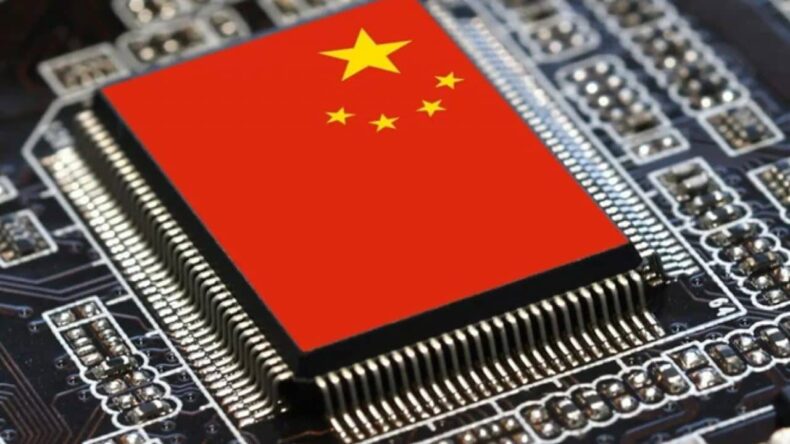On March 5th, 2024, Xi Jinping started his third term as China’s President. The 69-year-old leader has been in power since 2013 and is expected to continue his authoritarian regime for another five years. Xi Jinping’s third term comes at a time of global uncertainty, with the COVID-19 pandemic, climate change, and tensions between the United States and China dominating the global stage.

Table of Contents
Xi Jinping’s rise to power has been characterized by his focus on nationalism, economic development, and consolidation of power.
He has led a massive anti-corruption campaign, which has targeted both high-ranking officials and low-level bureaucrats. This campaign has been popular with many Chinese citizens who have grown increasingly frustrated with corruption in their country. However, critics of the campaign argue that it has also been used to eliminate political opponents.
Xi Jinping’s third term is likely to see a continuation of his policies. He has already signaled that he will continue to focus on economic development and the fight against corruption. He has also indicated that he plans to strengthen China’s military and assert the country’s dominance in the global arena. Under Xi Jinping’s leadership, China has become increasingly assertive in its foreign policy, particularly in the South China Sea and with Taiwan.
Xi Jinping’s third term also comes at a time when China is facing significant challenges. The COVID-19 pandemic has had a devastating impact on the country’s economy, and there are concerns about the country’s aging population and slowing growth. Additionally, tensions with the United States continue to escalate, with issues such as trade, intellectual property, and human rights dominating the relationship between the two superpowers.
One area where Xi Jinping is likely to focus in his third term is technological innovation. China has made significant strides in the tech industry in recent years, with companies such as Huawei, Tencent, and Alibaba becoming global powerhouses. Xi Jinping has already signaled his support for the industry, calling for China to become a leader in artificial intelligence, quantum computing, and other emerging technologies. However, the country’s tech sector is also facing increased scrutiny from the international community, particularly over concerns about data privacy and cybersecurity.
Xi Jinping’s third term is also likely to see a continued crackdown on dissent and political opposition. Under Xi Jinping’s leadership, China has become increasingly repressive, with human rights abuses, censorship, and restrictions on freedom of speech and assembly becoming commonplace. This has led to criticism from the international community, with many countries calling on China to respect human rights and democratic principles.
However, despite these challenges, Xi Jinping remains popular within China. He has been praised for his strong leadership and his ability to deliver economic growth and stability. The Communist Party of China (CPC), which Xi Jinping leads, remains firmly in control of the country’s political system, and there is little opposition to his rule.
Xi Jinping’s third term is likely to have significant implications for China’s role in the world. As the country continues to grow in economic and military power, it will become increasingly important for global stability and security. However, China’s rising influence has also raised concerns about its intentions and whether it will respect international norms and values.
In conclusion, Xi Jinping’s third term as China’s President comes at a time of global uncertainty and significant challenges for China. While he is likely to continue his focus on economic development and consolidation of power, his leadership will also shape China’s role in the world and its relationships with other countries. As Xi Jinping begins his third term, the international community will be watching closely to see what direction he takes China in and how he responds to the challenges facing his country and the world.













